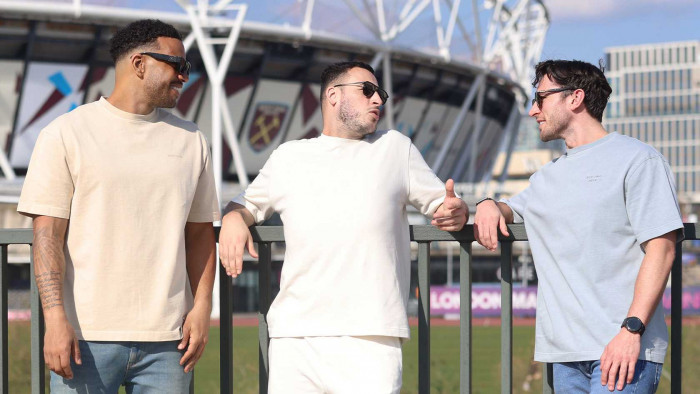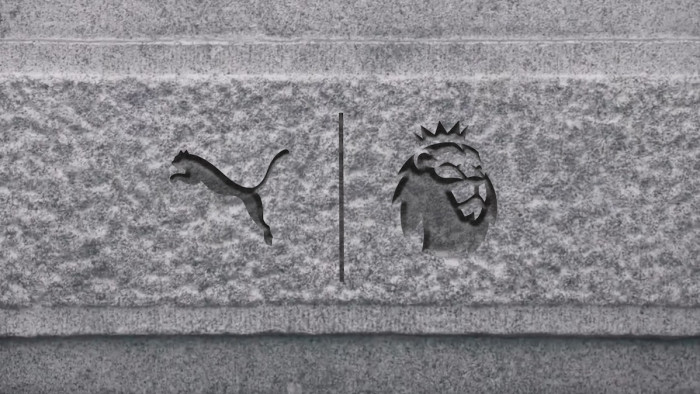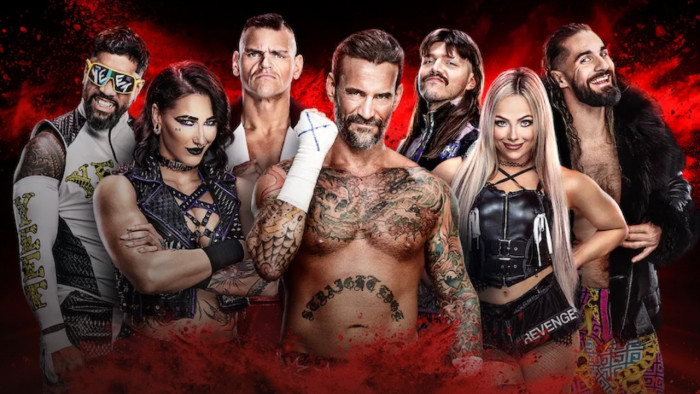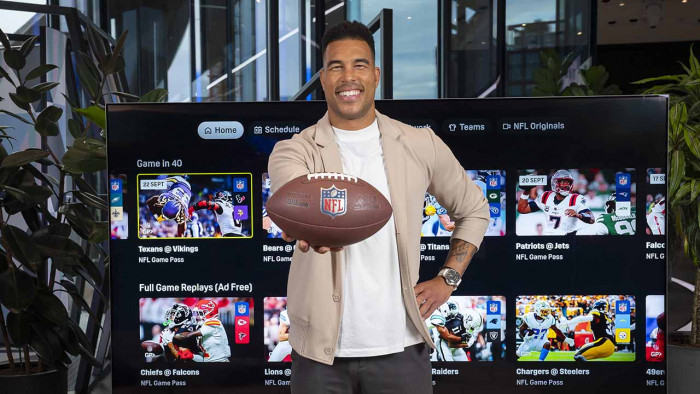Ordinarily, ‘hero’ is a subjective word. For some people, their hero is a parent or sibling, for others, it’s Cliff Richard. For this green and pleasant land, a man dressed in red, white, blue and, for a while, yellow is now a hero. His name is Bradley Wiggins.
Wiggins’ historic wins in the Tour de France and London 2012 time trial have propelled him, even faster than he propels himself, to the status of national icon, sporting colossus and saviour of the sideburn. In ancient Greek mythology, the word ‘hero’ referred to immortal demi-gods such as Hercules and Perseus, but the human variety boast a combination of guts, talent, charisma and an entertaining social media presence. Wiggins has these in spades. Fans in stick-on mutton chops waving ‘Allez Wiggo’ placards may seem everyday occurrences now, but where did this all come from?
Real heroes may not be born of gods and celestial fairy dust but they can still be blessed by nature. Bradley Marc Wiggins had a genetic head start thanks to his father, Gary, an Australian professional cyclist. Yes, Wiggins could have been wearing yellow a lot more often. However, when his parents separated, the two-year-old prodigy and his British mother moved from his birthplace of Ghent in Belgium to Kilburn in north London. The gods may have given Australia sunshine and Kylie, but we got Bradley Wiggins.
Natural gifts are nothing without dedication, though. The 32-year-old may have exploded into the general public’s consciousness over the past few weeks, but the road to the top has resembled a long, tortuous Pyrenean climb that started with childhood obsession. While other kids wanted to be Gazza, he wanted to be Spanish cycling legend Miguel Indurain. Once the young Wiggins took his talent and passion to the track, national and world junior titles soon followed.
“I first met him before the Commonwealth Games in 1998,” says Rob Hayles, BBC Radio 5 Live commentator and Wiggins’ former Great Britain team-mate. “He was clearly driven. He lived for the bike, he studied it and he knew he wanted to be the best, he just didn’t know what at. He was quite nervous and shy at first, but he thrived in that environment and soon gave as good as he got. And he ended up going home with a silver medal in the team pursuit.”
To Wiggins’ frustration, the medal didn’t kick-start world domination and, after failing to win individual pursuit gold at the 2002 Commonwealth Games, he had a crisis of confidence requiring some attention from a man he hoped to emulate.
“Wiggins is the reason I got back into the sport,” says 1992 Olympic cycling champion and BBC TV commentator Chris Boardman, who mentored Wiggins in 2003. “He was thinking about going to ride for a pro team in France, so I received a call asking if I could have a word with him.
“I found him fascinating. I still do. There’s so much going on in his head that doesn’t come out. But his best trait is that he learns from his mistakes. I’m a glass-half-empty person, and I can’t think of any weaknesses in him.”
The chat with Boardman did the trick, and he picked up his first major title when he won the individual pursuit at the 2003 World Championships, a “big, big moment”, according to Hayles, which triggered a haul of metal on the track over the next nine years, including (not counting London 2012) one Olympic bronze medal, one silver and three gold, plus six World Championships.
Hero with an edge
However, it’s not only Wiggins’ trophy cabinet that has made him so popular; there’s a difference between admiration and adulation, as Steve Redgrave and Nigel Mansell will tell you. We like our sporting heroes with an edge; to be part athlete, part rock star. It’s why we loved George Best, Daley Thompson and Ayrton Senna. If Keith Richards had been any good at discus, he’d be prime minister by now.
Wiggins’ rock star side is bigger than most. He followed three medals at Athens in 2004 with nine months on the sauce, while his two golds in Beijing in 2008 were also celebrated by some Olympian drinking. At 1am last Thursday, a few hours after his Olympic time trial win, a photo of him with a drink in one hand and a V-sign (the polite version) coming from the other, appeared on his Twitter feed, accompanied by the message “Getting wasted at St Pauls”. Two hours later he posted: “Well what a day, blind drunk at the minute and overwhelmed with all the messages. Thank you, it’s been emotional.”
“He speaks from the heart,” says Lionel Birnie, a journalist for Cycle Sport magazine. “He doesn’t always say the most politically correct things and he doesn’t give the stock sportsman answers. There’s a hint that there’s a real person there. He says what he thinks. People respect that. Compared to other athletes, this is someone you could go and have a beer with. People aren’t used to that almost interactive relationship with sportspeople. I would argue, from even just watching the TV over the last few days, that the public have more of an idea who Bradley Wiggins is than, say, who Wayne Rooney is.”
ROCK STAR STYLE
He’s even won over the French with his modesty, humour and noblesse (not to mention his fluent French). When tacks were thrown on to the road during Stage 14 of this year’s Tour, he slowed the peloton to allow his rival Cadel Evans, who’d suffered a puncture, to catch up. At the prize ceremony in Paris, he addressed the crowd by saying: ”We’re just going to draw the raffle numbers now.” It’s a combination of respect for the sport and irreverence regarding the pomp that appeals to all but the most stuffed of shirts.
Then there’s the rock star styling. Wiggins plays guitar, he’s got the RAF roundel – the mod symbol – on his helmet, he trains to The Who and The Jam, and he’s got those sideburns. “Music to me is not just something you listen to,” he admitted in a 2009 interview. “I’ve always been gripped by it.” If Paul Weller is the Modfather, Wiggins is a reboot for the image; the iMod, perhaps. No wonder he feels so comfortable in the Union Jack.
He may have a jovial side, but Wiggins decided to take to the road very seriously after Beijing. His success in those Games earned him a contract with American team Garmin Slipstream for the 2009 season, and a slimmed-down Wiggins took fourth place in the Tour de France, equalling Robert Millar’s highest-ever finish by a British rider.
This grabbed the attention of Team Sky, the newly formed professional road race team who wanted a British cyclist capable of winning the Tour. Wiggins signed, but soon discovered that simply being the star attraction wasn’t enough, and in 2010 he finished in a disappointing 24th place.
Making history
“He’s an aficionado of cycling and he really wanted these things,” says Boardman, “but it took him a long time to understand what’s needed to get them. He’s learned how to use failure, as has Team Sky, and he had the courage to look in the mirror and say ‘OK, we screwed up, my ego got in the way.’ Ego’s a large part of sport – needing to stand out from the crowd is one reason people compete – but managing it is a different matter. He found a way of making the facts fit what he wanted to do and, in some cases, what he didn’t want to do in 2010, and that’s some of the hard yards in training.”
The results were almost instant. Going into the 2011 Tour, Wiggins was a genuine contender, winning the Critérium du Dauphiné stage – a traditional indicator of Tour form – but a crash and broken collarbone ended his race. “He was in the form of his life,” said Team Sky principal Dave Brailsford at the time. As if to prove Brailsford right, preparations began for this year’s assault. The rest, as they say in Paris, is l’histoire.
So what next for our new hero?
He’s admitted that he’ll never top this year. It’s hard to know how he could. Winning the Tour de France again would be extremely tough, as will another Olympic gold at 36. Riders’ bodies are put under more strain than they used to be, and what chance is there of 10 months of uninterrupted training with his new-found status? There are gongs to be gathered, hands to be shaken and supermarkets to be opened. He’s a shoo-in for a knighthood and BBC’s Sport Personality Of The Year Award, leaving little else to achieve in the sport.
In truth, it doesn’t matter what he does. He can ride off into the sunset, either on a bike or a scooter, safe in the knowledge that he’s won his place in history and the nation’s affections. And he brought back the sideburn.
Never miss a moment of the Olympics on BBC One, BBC Three, BBC.co.uk/sport, BBC Radio 5 Live and BBC Red Button
(Image: Rex Features)
Latest
Related Reviews and Shortlists










